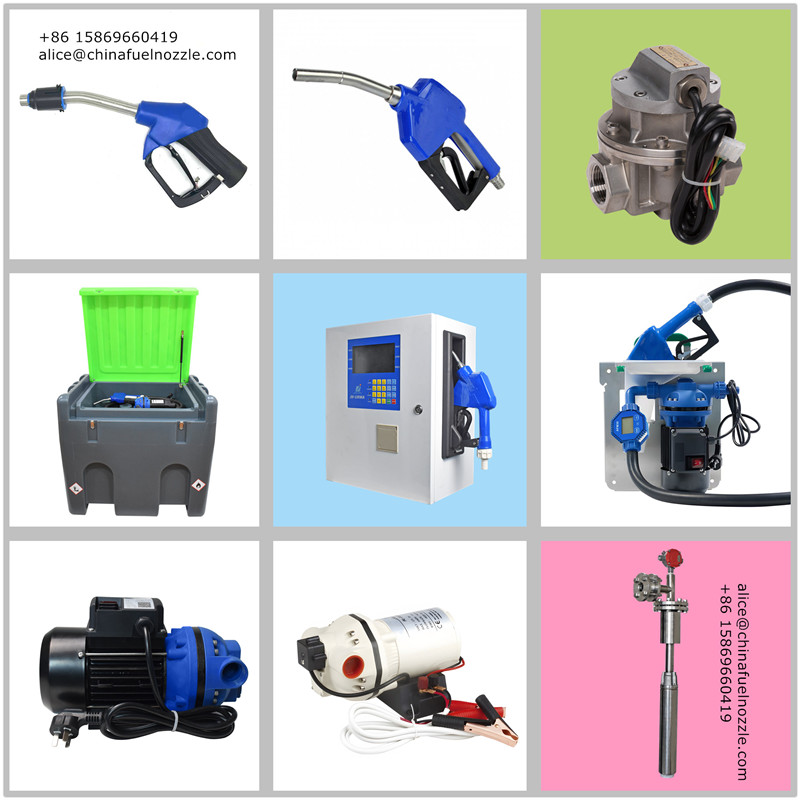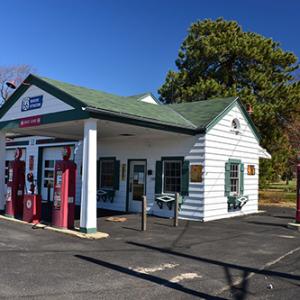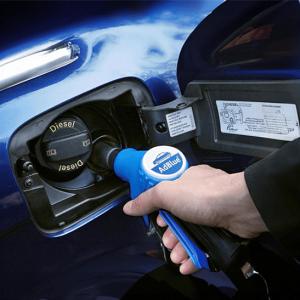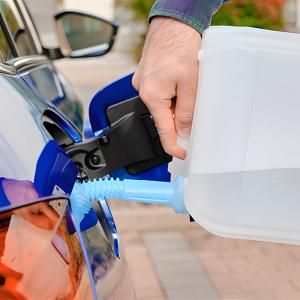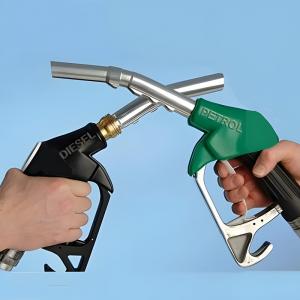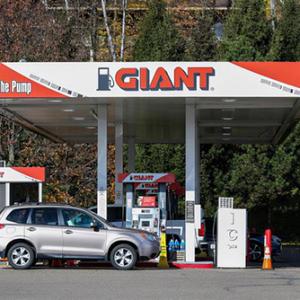What Temp Does DEF Freeze & How to Manage It
What Temperature Does DEF Freeze? A Guide to Cold Weather DEF
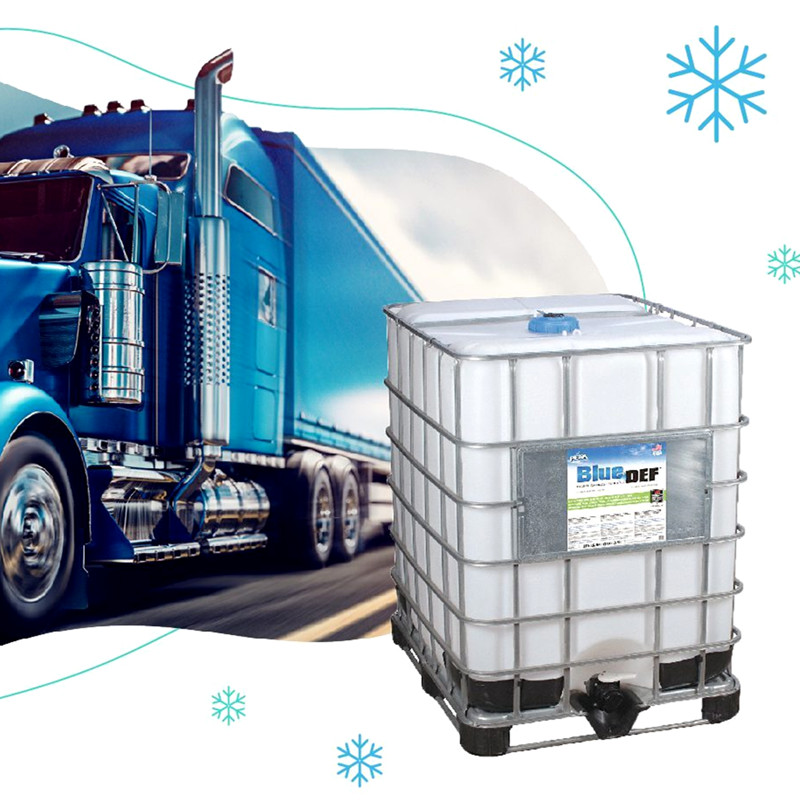
When the temperature drops, a diesel vehicle's most essential fluid is at risk. Diesel Exhaust Fluid, or DEF, is a crucial component in modern diesel engines, but many drivers are caught off guard by its vulnerability to cold. Understanding what temp DEF freezes and how to manage it is vital for any professional who operates a diesel vehicle or equipment in cold climates.
This guide will clarify common misconceptions, explain the factors that influence freezing, and provide practical solutions to keep your DEF system running smoothly all winter long.
Understanding the DEF Freezing Point: Debunking Common Myths
DEF is a mixture of 32.5% high-purity urea and 67.5% deionized water. The freezing point of this specific concentration is 12°F (-11°C).
This is a frequently misunderstood topic, often leading to critical mistakes. Here are a few common misconceptions:
-
Myth: "DEF freezing damages the engine."
-
Reality: The freezing of DEF itself does not harm the engine. The damage occurs in the DEF tank or the pump when the fluid expands as it freezes. The DEF freezing point is well-known, and modern vehicles are designed with integrated heaters to prevent this. The danger comes from improper handling or a faulty heating system.
-
-
Myth: "Adding something to the DEF will lower its freezing point."
-
Reality: Never add anything to your DEF. DEF's freezing point is determined by its exact chemical composition. Adding antifreeze, gasoline, or any other substance will contaminate the fluid, rendering it useless and potentially causing irreversible damage to the SCR system and voiding your warranty.
-
-
Myth: "I should keep my DEF tank completely full to avoid freezing."
-
Reality: This is a dangerous practice. Frozen DEF expands by about 7%. Overfilling the tank can cause it to crack or rupture as the fluid freezes and expands, leading to a massive and costly leak.
-
Consequences of a Frozen DEF System
A frozen DEF system isn't just an inconvenience; it can bring your operation to a complete stop.
-
Performance Derating: Modern engines are programmed to limit performance when the DEF system isn't functioning. If the DEF line is frozen and the system can't spray DEF into the exhaust, the engine's ECU (Engine Control Unit) will trigger a "derate." This reduces engine power and can limit the vehicle's speed, making it impossible to operate your truck or heavy equipment efficiently.
-
System Damage: As mentioned, the expansion of freezing DEF can cause a crack in the tank or a burst hose, resulting in a leak. A cracked tank requires a full replacement, which can be an expensive repair.
-
Downtime and Financial Loss: A derated engine or a damaged DEF system means the vehicle is out of commission. This leads to lost time, missed deadlines, and lost revenue, all of which are critical for trucking, construction, and agricultural businesses.
How to Prevent DEF from Freezing: A Practical Guide
Fortunately, manufacturers have implemented several features to prevent DEF from freezing. The best protection is a well-maintained vehicle and smart handling practices.
Vehicle-Based Protection
-
Integrated Heaters: Every modern diesel vehicle with an SCR system is equipped with heaters for the DEF tank, lines, and pump. These heaters activate automatically when the ambient temperature drops below DEF's freezing point of 12°F (-11°C), ensuring that the fluid thaws and is ready for use.
-
Start-Up Procedure: The DEF system will not inject fluid until it has thawed. This is why you may see a "DEF System Malfunction" light on your dash on a cold morning. Once the engine is started, the heaters will begin to work, and the light will clear as the fluid thaws.
Best Practices for Operators
-
Don't Top Off Your Tank: Leave some space in your DEF tank. A tank that is 80% to 90% full is ideal for allowing the fluid to expand safely.
-
Park in a Warm Environment: Whenever possible, park your vehicle or equipment indoors or in a heated garage. This is the simplest and most effective way to prevent DEF from freezing overnight.
-
Use High-Quality DEF: Always use DEF that meets the ISO 22241 standard. This ensures the correct urea-water ratio and purity, guaranteeing the DEF freezing point is accurate.
-
Never Add Anything to Your DEF: Again, do not add any additives, even in an attempt to lower the freezing point. This will contaminate the fluid and cause significant damage to your SCR system.
What to Do if Your DEF Freezes
Don't panic! A frozen DEF system is a manageable issue.
-
Do Not Force It: Never try to break up frozen DEF or apply external heat to the tank with a torch or heating element. This can damage the plastic tank and is extremely dangerous.
-
Start the Vehicle: The most effective solution is to start the engine and let the vehicle's integrated heating system do its job. The heaters will slowly and safely thaw the fluid. Depending on the temperature, this can take anywhere from a few minutes to an hour.
-
Check for Leaks: After the system has thawed, check the tank and hoses for any signs of cracking or leakage. If you spot a leak, it's a sign that the fluid expanded and caused damage. Do not drive the vehicle until the leak is repaired.
Frequently Asked Questions (FAQ) About DEF and Cold Weather
Does DEF freeze solid like water?
DEF does not freeze into a solid block. Instead, it forms slushy crystals. This is why it's so important to allow for expansion in the tank.
How long does it take for DEF to thaw?
The thawing time depends on the ambient temperature and the size of the tank. For a typical vehicle, it can take anywhere from 10 minutes to an hour for the heaters to fully thaw the system and allow for normal operation.
Will my truck's DEF heater ever fail?
Yes, like any other mechanical part, DEF heaters can fail. If your vehicle consistently displays a DEF system error in cold weather and the fluid remains frozen after the engine has been running for a while, it's a strong indication of a heater failure. You should have the vehicle serviced by a qualified mechanic.
What happens if I put DEF in the wrong tank?
This is a critical error. If you put DEF in your diesel tank, it will immediately cause significant engine damage. If you put diesel in your DEF tank, it will contaminate the fluid, destroy the SCR system, and cause a derate. Always be vigilant about using the correct nozzle for each fluid.
Conclusion: Be Prepared, Not Surprised
The DEF freezing point is a fact of winter, but it's not a barrier to productivity. By understanding the science behind the fluid and implementing smart practices, you can prevent a frozen DEF system from derailing your operations. Keep your tank at the correct level, rely on your vehicle's integrated heating system, and never compromise on the purity of your fluid. A little bit of knowledge and preparation can save you a lot of time and money when the temperatures drop.
